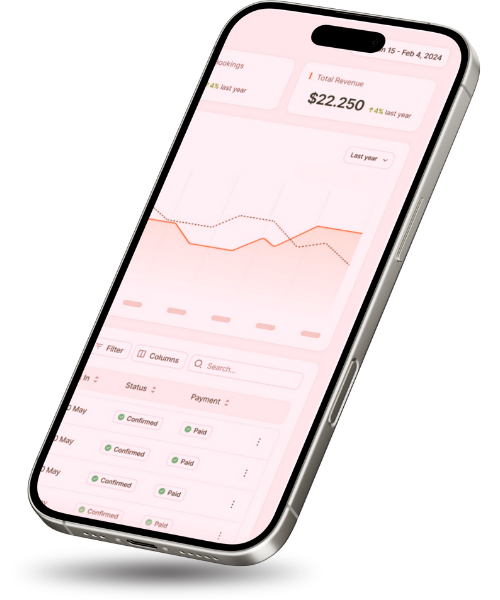Variable Pricing
What is the meaning / definition of Variable Pricing in the hospitality industry?
The term Variable Pricing refers to cases in which a business offers a variety of price points throughout different locations, point-of-sale at different times. Variable pricing focusses on finding the optimal balance in between the volume of sales and the income of per unit sold – based on a number of factors. Hotels routinely vary prices in response to forecasted demand. When demand is high, or when future sales are brisk, prices are high. During off-peak seasons, demand is low – prices therefore too.
The reason behind variable pricing, lies in customers perception of value. The perception of value, is influenced by many external factors. Within hotel industry, days such as Christmas and national holidays are generally of higher demand, which is reflected in the price. As value is perceived at different levels, prices vary accordingly. Variable pricing can also create the perception that a hotel room is of more value and actually leads to enhancing the customers’ perceptions of its worth. This results in some consumers paying very high prices while others are may get a deal.
Advantages:
– Sellers may be able to sell goods which were not in demand at a lower price thus, realising some profits.
Disadvantages:
– Variable pricing may lead to losing out on customers who would have paid a higher price for the same product but are now offered the service at a lower price.
See also:
- Dynamic pricing
- Pricing Strategies
* Hotel Terminology Glossary by Xotels Revenue Management Consulting
Share This Story, Choose Your Platform!

About the Author:
As CEO and Founder of XOTELS, Patrick Landman has made it his mission to turn hotels and resorts into local market leaders. XOTELS´ diverse expertise and deep-knowledge across revenue management consulting, hotel management, and hotel consulting, enables us to drive results for independent boutique hotels, luxury resorts, and innovative lodging concepts. Below you will find opinion articles written by Patrick Landman.



